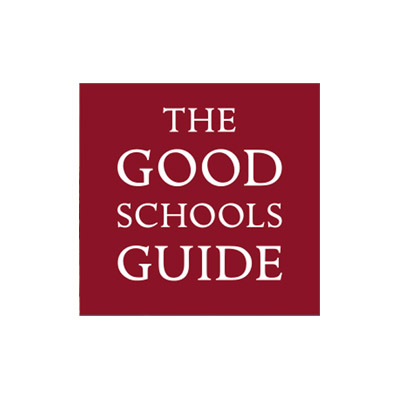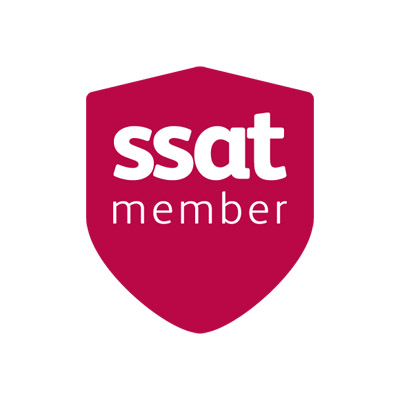Astronomy
What you will study:
Course Name: Astronomy
Award: GCSE
Exam Board: Edexcel
Electronics Teacher: Mrs V Gowan
Note: This subject is taught after school.
The Astronomy course
- Has been developed to build on our natural fascination with the night sky and our continued explorations. Astronomy is constantly in the media which makes this course engaging and relevant.
- Complements the GCSE Science specifications, particularly combined science which does not feature any astronomy content. As a visually more accessible subject, it promotes science to a wider base.
- Has been designed to be straightforward and to suit a wide range of abilities, providing stretch for gifted students while engaging lower-ability students in more relevant content.
| Paper 1: Naked-eye Astronomy | Paper 2: Telescopic Astronomy |
|
· Topic 1 – Planet Earth · Topic 2 – The lunar disc · Topic 3 – The Earth-Moon-Sun system · Topic 4 – Time and the Earth-Moon-Sun cycles · Topic 5 – Solar System observation · Topic 6 – Celestial observation · Topic 7 – Early models of the Solar System · Topic 8 – Planetary motion and gravity
|
· Topic 9 – Exploring the Moon · Topic 10 – Solar astronomy · Topic 11 – Exploring the Solar System · Topic 12 – Formation of planetary systems · Topic 13 – Exploring starlight · Topic 14 – Stellar evolution · Topic 15 – Our place in the Galaxy · Topic 16 – Cosmology |
Assessment overview
The course is assessed by two written examinations of 1 hour and 45 minutes
There are a mixture of different question styles, includes multiple-choice questions, short-answer questions, calculations, graphical and extended-open-response questions.
The aims and objectives of this qualification are to enable students to:
- understand the structures, cycles and interactions of the Earth, Moon and Sun
- understand the Earth’s place and the forces, which have shaped planetary systems
- understand the forces governing the life cycles of stars and how stars appear in the night sky
- understand how astronomers discovered the Earth’s position within our galaxy and the Universe and understand current theories for the evolution of the Universe
- understand the challenges in observing and how technology has aimed to overcome them
- apply observational, enquiry and problem-solving skills, through the use of information from aided and unaided astronomical observations; using these skills to evaluate observations and methods
- develop an informed interest in current astronomical investigations, discoveries and exploration
- acquire knowledge and understanding of astronomy theory and practice, and the skills needed to investigate a wide range of astronomical contexts
- understand that the study and practice of astronomy are interdependent and iterative activities, and appreciate the links between astronomy and other branches of science
- develop an awareness of limitations by e.g. economic, technical, ethical and cultural influences
- progress to further and higher education courses in the fields of Astronomy or Physics.
Assessment:
The work completed by the students will be assessed in a number of ways; teacher, self and peer assessed. The work given is also linked to a set of transferable skills that the students can apply to other subject areas and aspects of life.







